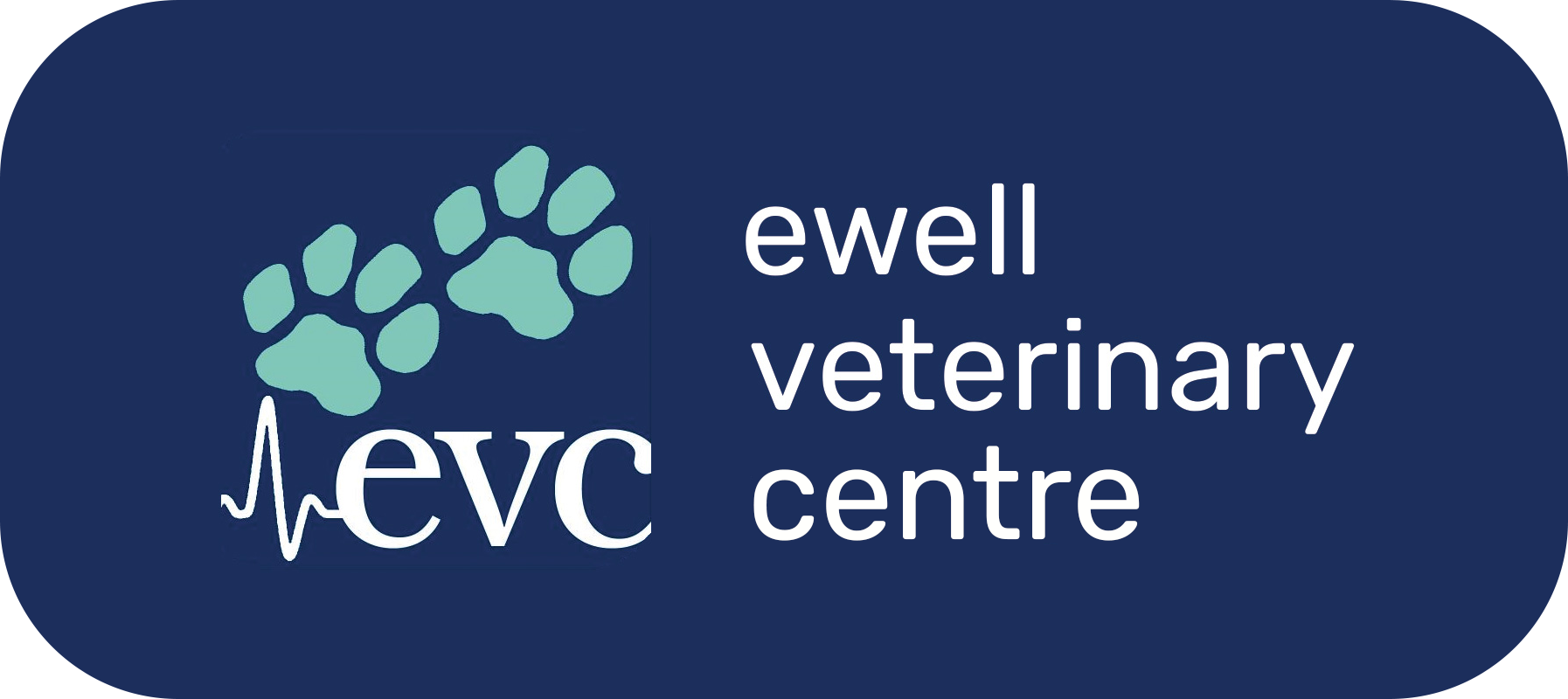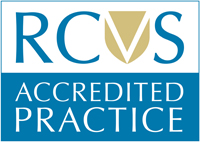Osteoarthritis and Degenerative Joint Disease Management
As our pets are living longer healthier lives it’s not uncommon for them to develop osteoarthritis (OA) as they get older. Additionally, we see many younger dogs with degenerative joint disease (DJD) and arthritis, either as a result of congenital conditions or injury.
Our knowledge and understanding of these conditions is growing all the time and there is now a lot that we can do to treat these conditions and help our pets live long and pain free lives. Long term treatment of OA and DJD has 2 goals: increasing comfort and mobility of our patient; and minimising the progression of arthritis.
The following are some treatment options that may be discussed with you in treating your pet -
Non Steroidal Anti-inflammatory medication (NSAIDs)
Anti-inflammatories reduce the amount of inflammation in the affected joints and muscles, which in turn reduces the amount of pain and as such acts as pain relief. Also by reducing inflammatory cells in the joint we reduce the development of further arthritis.
These medications are very commonly used and very effective in managing arthritis cases and include: Metacam, Carprieve, and Previcox.
Other Pain Relief medications
Pain relief is a priority in treating arthritis. Contrary to previous opinion, the less pain an animal is in the more mobile they will be, which minimises the likelihood of stiffness or weakening of the rest of the muscles from lack of use. No one likes to think of their pet being in pain, but animals can be very good at masking signs so any limping or stiffness should be viewed as signs their pet has some degree of discomfort.
There are various types of pain relief we may use in individual patients which all have different roles, including : Tramadol, Pardale-V, Gabapentin, Amantadine
Cartrophen Injections
Cartrophen Vet treats arthritis by alleviating stiffness and discomfort, and more importantly slowing the progression of further arthritis. It contains a product called pentosan polysulfate sodium which is used in the production or regeneration of cartilage and joint fluid.
Cartrophen is initially given as a course of 4 injections – one a week for 4 weeks. Depending on the patients response and the severity of arthritis single injections may then be given every 1-3 months, or as a course once a year.
Cartrophen is very safe with minimal side effects and in some cases may decrease the need for other medications.
Joint Supplements
Supplements are targeted at stopping the progression of arthritis and joint damage. There are numerous joint supplements available. It is important that any supplements given are specifically for animal use as we can’t be sure that human supplements will be absorbed properly and so are of questionable benefit.
There are 2 main types of supplements:
- Glucosamine/Chondroitin – There is anecdotal evidence to suggest glucosamine and chondroitin are useful in managing OA, just like in people. Several of the newer supplements have additional ingredients that have proven to be of use. Some supplements we may recommend are Dasuquin which has another ingredient called ASU added, and Nutraquin+ which has Boswellia added.
- Omega 3 EFAs – EHA/DHA are Omega 3 fatty acids found in fish oils that have been proven to be useful in treating arthritis when given in high enough quantities. Omega 3 supplements such as Nutramega are more commonly used for skin problems but also useful for arthritis
- Some supplements contain a combination of Green Lipped Mussel (which contains EHA is lower quantities) and Glucosamine.
Prescription Joint Diets
There are special prescription diets available that contain EHA, Glucosamine, Chondroitin and some other ingredients as mentioned above. They are generally contain higher levels of EHA and so remove the need for supplements, and are specially balanced in their omega fatty acid ratios so there is less risk of feeding too many calories.
The diets we can recommend for this use are Hills J/D and Royal Canin Mobility C2P+.
Acupuncture
Acupuncture is very useful for treating pain associated with numerous conditions, especially muscular and/or joint pain that occurs with osteoarthritis. Acupuncture is the practice of inserting fine solid needles into the body, which blocks pain messages and encourages the brain and nervous system to produce more of the body’s natural pain killers. This is very safe, improves the patients quality of life, and can often decrease the number of medications we rely on to provide pain relief.
Acupuncture is performed at the surgery so please discuss with the vet if you would like further information
Physiotherapy
It is very important with osteoarthritis that we keep the musculoskeletal system working as normally as possible to allow for healing to take place, and prevent further injuries occurring. In some cases, especially when injury is involved, physio is very important in assisting with return to function.
There are also many stretches and exercises that can be done to improve your pet’s strength and ability to cope with any degenerative changes.
We are able to refer you to qualified Veterinary Physiotherapist if warranted.
Hydrotherapy
Underwater treadmills and swimming are extremely useful in maintaining mobility and improving musculoskeletal function while being low impact on the joints. Many patients will benefit greatly from hydrotherapy and we can refer you to suitable facilities for this.
Weight Management
It is more important than ever to keep osteoarthritis patients slim to minimise the amount of weight they are carrying on their joints. Unfortunately as our arthritic patients tend to be less mobile they are prone to gaining weight. Even the slight increase in weight can be detrimental.
You should be able to easily feel your pets ribs without pushing, and perhaps be able to see the last rib, and they should have a defined waist. If you find yourself struggling to manage your pets weight please contact the clinic as our nurses run weight clinics and will be able to help.
Lifestyle Management
There are many things you can do around the house to make your pets life more comfortable, and help them cope with the changes they are experiencing including -
- Exercise – The more active we can keep our patients the stronger and happier they will be, but it is important to use common sense. Keep taking them for walks, let them walk over different surfaces, and generally be active, but be careful not to let them overdo it. Animals will often not slow themselves until it is too late. In general you are better to take them for multiple shorter walks daily than one very long walk. Also it is best to avoid ball throwing and games that involve lots of high impact on the joints
- Ramps and stair gates – Using a car ramp to stop your dog jumping out of the car, and gates to reduce uncontrolled running up and down stairs in the house is recommended to reduce the amount of impact on the joints. For cats that like to jump onto the furniture but now find themselves unable you can get small stairs or ramps to assist them
- Bedding – It is important that arthritic patients have soft comfortable bedding to support their joints, and preferably off the ground to keep them warm and minimise pressure sores. There are many wonderful types of beds available but memory foam beds are often a good idea.
- Warmth – Cold weather will often exacerbate the pain felt with arthritis, just like in people, so keeping our pets warm is a priority. Dog coats are very useful for this.


